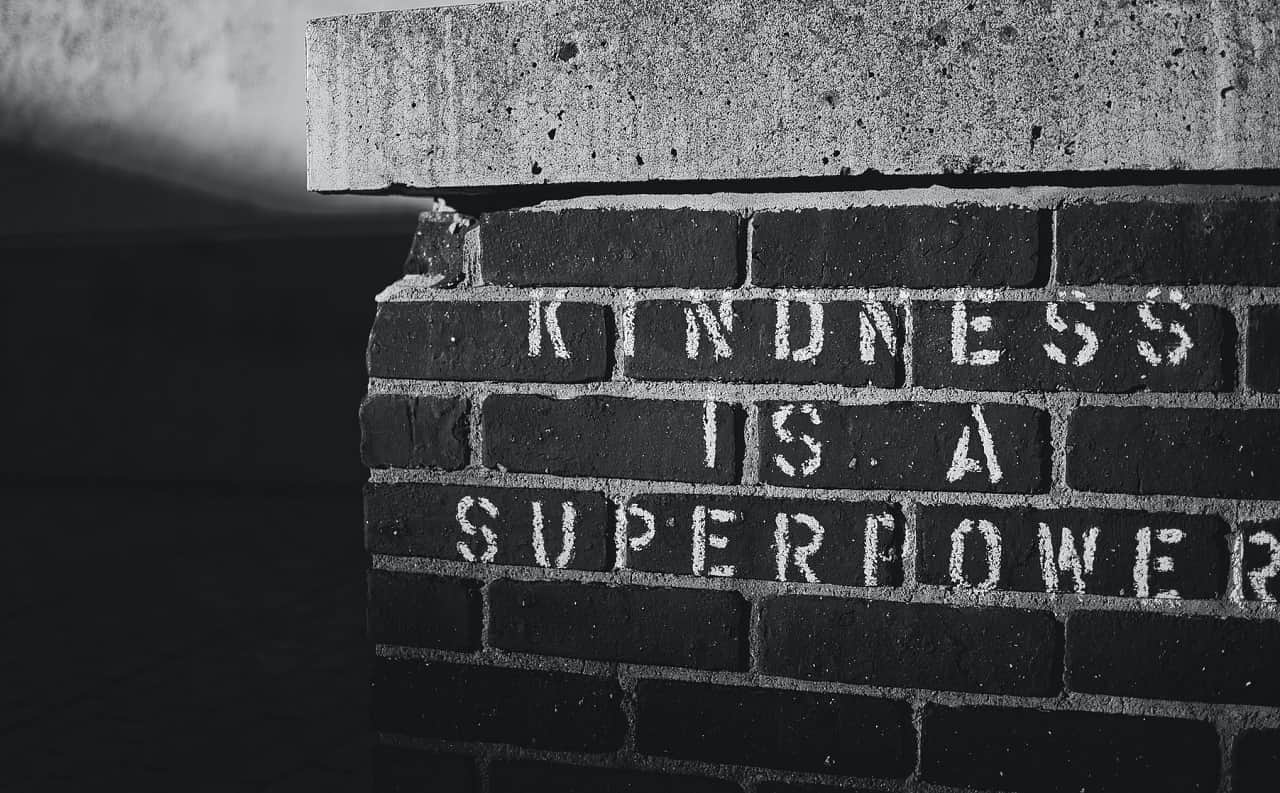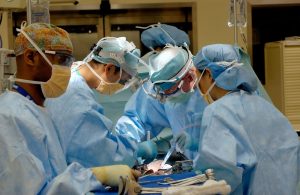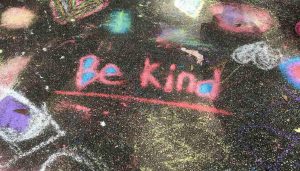
Don’t Believe Me? Read On
Anyone who doesn’t live in a bubble has noticed that “common courtesy” seems to have been abandoned in the last several years, giving way to aggressive entitlement. Road rage, out of control airplane passengers, street fights and violent death are all on the rise. Now the pandemic seems to have given some people the excuse to throw away their masks of politeness, especially as we try to find some semblance of normal life.
Notice how when someone cuts you off in traffic or steals your latte that you ordered ahead, and the whole day seems to spiral down? That rude event in the morning keeps intruding all day long and affects everything you do. That is called anchoring, and it turns out it can be more important than you think.
I came across this article the other day titled When Rudeness Becomes a Matter of Life or Death about a study by researchers at the University of Maryland. They decided to see how such emotional anchoring can affect medical professionals in the workplace, and showed that rudeness can actually lead to bad decision making and errors in patient care that can result in damage or even death because of the anchoring effect. So yes, rudeness can kill.
While more research certainly needs to be done, the implications are eye-opening. Think of the train engineer or airplane pilot who may be facing rudeness in the cockpit. The care center employee that you want help from who just got an earful from the previous caller and is hating her job. The radiologist berated for their thick accent who needs to make a judgement call on your x-ray or ultrasound.

As a society, we seem to have accepted the name-calling, berating, verbal abuse and more as normal, from our political leaders to media (social and otherwise) to the line at the grocery store. Is it any wonder then, that the very fabric of our society seems to be fraying?
As I thought about this, I began to wonder: can we counteract this? Is there a way to offset the results of rudeness? Then the following story came to my attention. (I encourage you to read the whole story here.)
In a nutshell, a man was on the edge of a bridge ready to jump. He heard some drumming in the nearby park, and it caught his attention. Noticing this, one of the first responders went to the drummers — an Indigenous group called Grey Buffalo who were playing a concert — and asked if they could come play for the man. They did. They played songs and prayers, and the man eventually moved back from the edge and went home.
Note that the police officer didn’t have to go ask them to come play. They didn’t have to leave their fans and go. But they did. Kindness was at work here. Kindness that wasn’t willing to give up on a desperate soul. Kindness that was willing to share what they had —song and prayer — instead of rude calls of “jump already!” as happens all too often (if anyone pays attention at all).
It’s easy to discount our words and actions. “Nobody notices.” “Nobody cares.” But that’s not true. People do notice. We notice.
I spent a frustrating day at the veterinarian’s trying to get my dog in for an ear infection. Two trips and four hours of waiting, I worked hard at not getting bent out of shape about it. They were obviously slammed. My previous interactions with this vet have been so-so, but I made a point of commiserating with him about the craziness when he finally saw us.
“Yes, they somehow triple-booked me today, but we’re almost done.” He actually chatted about my dog’s ears, explained her treatment, gave her another thorough check although she’d only been there four weeks before with no problems, and was pleasant. I was amazed.
I also realized that my attitude made a difference for me. I had decided that it wouldn’t do any good to let the frustration get to me, so I didn’t. I chatted with others waiting, met their dogs, and made the decision that it was Missy’s day, and I couldn’t worry about all the things not getting done. That was a personal victory. The next test will be when I have to deal with a call center on the phone — one area that seems to push all my buttons!
I want to be more mindful about how I react to other’s words and actions, but also whether I use my words to be rude and tear down or kind and build up. Even simple politeness can go a long way, whether opening a door for someone or thanking them with a smile for opening one for me. I want to act and react with kindness.

Think about your own day. Where does rudeness rear its ugly head, and how do you typically react? Do you have an office bully who brings others down? What can you do to change that dynamic? Can you recognize the anchor caused by a slight you endured and break its chain?
What of your own words? Is your sarcasm too pointed? (Been there, done that.) Do you laugh off your own rudeness, or feel your own entitlement?
Hard questions all, but they are important for us to examine. Because, without courtesy, politeness, and kindness, the social bonds that allow us to work for the common good break down from the family level on up. And when civilization breaks down, it results in anarchy and chaos, hatred and death.
But kindness saves lives.
Grace, Peace and Hugs.
I learned this as a teenager (I am now 71). My parents and I were on a road trip and had stopped in a diner for lunch. Our waitress was frazzled and grouchy. I noticed how busy the diner was and asked how she was holding up (I don’t recall my actual words). It was like a light switch had turned on. She smiled and spent a lot of time checking in on us. My dad gave her a large tip (not usually his style, but I think he was moved also). Anyway, it was a lesson I always remembered. Yes, kindness is a super power.
Thank you for sharing. Obviously it was a memorable experience! Let’s make more of them with our super power.